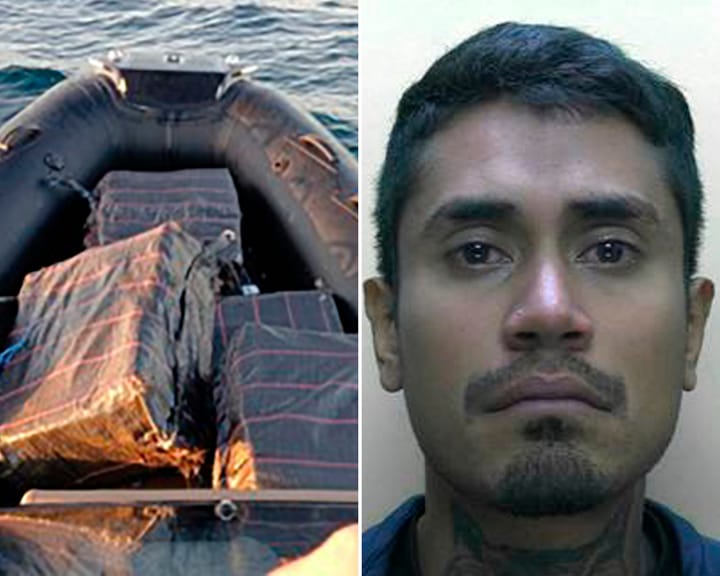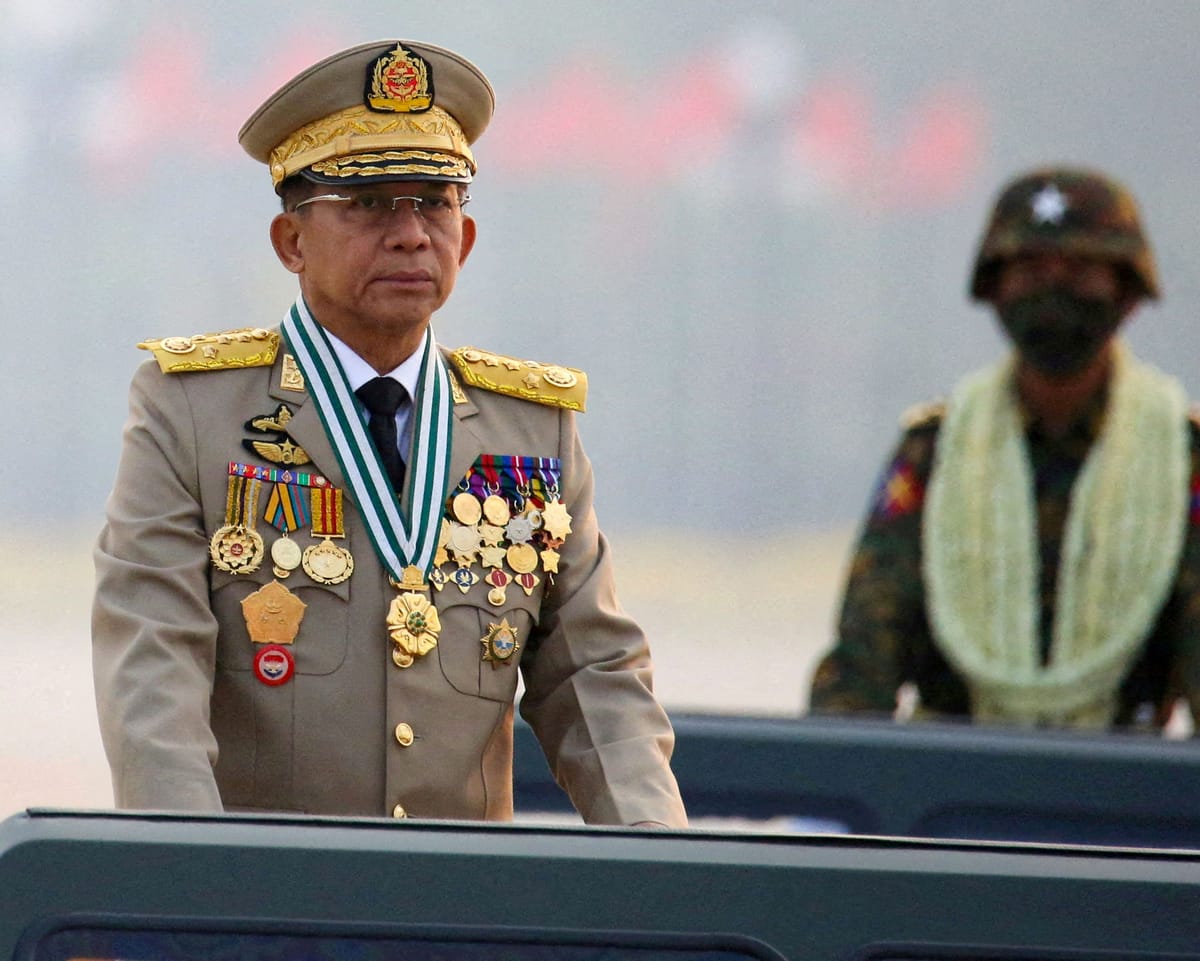Myanmar’s Military Government Lifts State of Emergency Ahead of December Election
Myanmar’s military leadership has ended the country’s state of emergency as it prepares for a December election dismissed by opposition groups and questioned by international observers.
The emergency rule was imposed in February 2021 after the military removed Aung San Suu Kyi’s civilian government, sparking a widespread conflict that has resulted in thousands of casualties.
The order granted the military leader, Min Aung Hlaing, total control over legislative, executive, and judicial powers. However, he has recently promoted elections as a way to ease tensions.
Opposition factions, including lawmakers ousted in the takeover, have rejected the planned vote, which a UN expert recently labeled as misleading, aimed at justifying continued military authority.
“The state of emergency is now lifted so elections can proceed toward a multiparty democratic system,” said spokesperson Zaw Min Tun in a statement shared with media.
Observers expect Min Aung Hlaing to retain a key position—either as president or armed forces chief—after the election, further securing his leadership.
“We have completed the first phase,” Min Aung Hlaing said in a speech reported by the state-run *Global New Light of Myanmar* on Thursday. “Now, we are entering the next stage,” he told officials at what the newspaper described as a formal gathering.
The report stated that the election would take place in December, with efforts to ensure all eligible citizens can vote. No specific date has been confirmed, though political parties are registering, and training on electronic voting systems has begun.
Recently, the military government passed a law imposing prison sentences of up to 10 years for protests or statements seen as interfering with the electoral process.
A census conducted ahead of the election reportedly omitted data from nearly 19 million of the country’s 51 million people due to what officials called security limitations—raising concerns over the vote’s legitimacy amid ongoing conflict.
Analysts anticipate resistance groups may escalate attacks around the election to challenge the military’s plans.
This month, the military began offering financial incentives to armed groups willing to surrender before the vote.
Read next

"Softball booms in Brazilian city as Cuban migrants surpass Venezuelans for the first time"
Roberto Hernández Tello, 59, originally from Camagüey, Cuba, had hoped to reach the United States for a better future. But due to stricter immigration policies under the previous U.S. administration, he found himself in Curitiba, southern Brazil, thousands of miles from home.
Like him, many Cubans have recently arrived

"Public asked to aid in catching drug gangs using 'mother ships' near UK shores"
Police Ask Coastal Residents to Aid in Combating Drug Smuggling
Authorities have called on residents of coastal areas in the UK to assist in disrupting criminal groups that are employing increasingly creative tactics to bring large amounts of cocaine into the country.
Officials have noted a rise in “at-sea drop-offs”

"Germany's historic largest gay nightclub files for bankruptcy"
Germany’s longest-running and largest LGBTQ+ dance venue has filed for bankruptcy after operating for nearly 50 years, succumbing to financial pressures and shifting trends in Berlin’s nightlife.
Internal challenges and the rise of dating apps contributed to SchwuZ’s difficulties over the past year. In May, the venue

